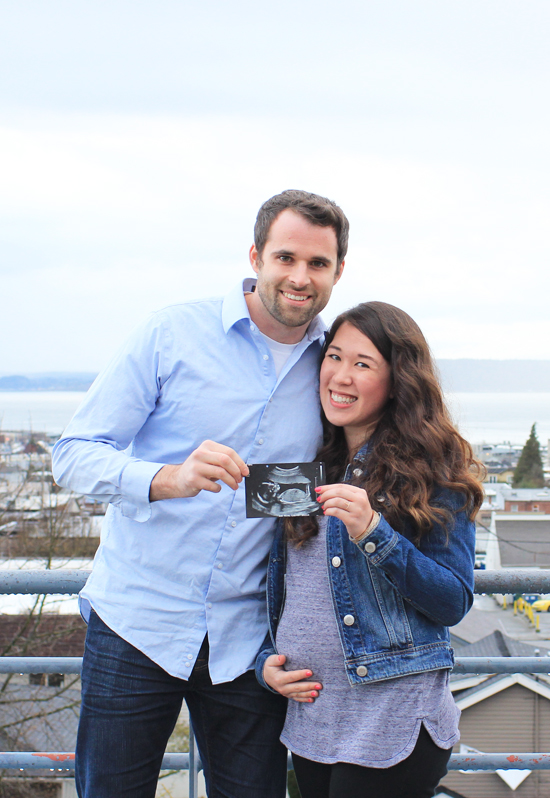09
This is a collaborative post. All opinions are my own.
If the coronavirus pandemic has shown us anything, it’s that even the most stable and secure households can find themselves thrown into financial trouble with little warning and through no fault of their own. So, it’s worth thinking about how you would alter your lifestyle in order to minimize your spending and keep costs low. And even if things are still okay right now, perhaps it's smart to make some of those alterations ahead of time instead of waiting until financial trouble hits. Before we had Ian, although we were both working, Ben and I practiced living on one income so that we knew we could do it (this also helped us build up some savings as a cushion). Cutting our expenses ahead of time gave us the confidence that let me quit my job after Ian was born. Now, it seems wise to practice living on even less than one income, to give us that peace of mind and assurance that we'll be okay if times get tough.
Figure Out Your Essential Costs
When we’re doing well and earning plenty of money, we can get used to comfortable lifestyles filled with little luxuries. But it’s important to be aware of what our truly essential costs are, and what we can do without. This will help us to determine the minimum amount of money we need to get by. Essential costs generally include day to day things like accommodation (rent or mortgage payments), energy (gas or electric bills), food, water and medication. These are the bare basics. You may then have costs like transport (to get to and from work), childcare, a phone bill, WiFi and other things you may need in order to be able to work. You can also include circumstantial essentials like an immigration solicitor into essential costs if you happen to have them.
Cut Down on Luxuries
If you do hit a hard patch, you’re going to have to cut down on luxury spending. That includes big ticket purchases like vacations, expensive bags and shoes, and eating out in fancy restaurants. But it even includes little luxuries. When it comes down to it, anything that doesn’t fit into the essential category can generally be deemed a luxury. You may need to cut down on things like fresh flowers, gym memberships, going to coffeeshops, or other things you may have grown used to as standard in your day to day life when funds were flowing more freely. You could also consider selling some of your more expensive "toys" that you no longer use: everything from recreational vehicles and electronics, to furniture and clothes. When times are good, it's easy to find buyers for these things and their value is higher. Later, you may find yourself trying to liquidate them when everyone else is also struggling, and their value is much less.
Cut Down on Essential Spending
Now, you can’t just cut essentials out. You’re going to have to spend money on them to some degree. But often, you can actually reduce the cost of your essential spending by quite a bit if you try. You need to buy food, but you don’t necessarily need to buy branded food. You can opt for generic options or lesser known brands. You can cut back on snacks, or make them yourself instead of buying them. You can get meat in bulk and divide it up to freeze and store, instead of getting smaller portions that are already conveniently packaged (with a higher cost per pound). You can’t cut off your electric and gas, but you can use price comparison sites to find a provider who has a better deal. You can bike to work instead of driving your car. And (this one's a major change, but it also makes a major difference), if your house is bigger and nicer than what you really need, you can consider moving to reduce your housing costs ahead of time.
Making these changes now can make all the difference if (and when) hard times hit. Living below your means and cutting down your costs might sound miserable, but it's actually freeing. Your monthly expenses are a huge weight on your shoulders...by lightening the load, you unburden yourself psychologically. Instead of scrambling and feeling stressed when things get tough, you'll be at peace knowing you'll be fine. And if you're already in a position where money is getting tight, I hope some of the tips above can help you figure out a way to get some breathing room in the budget.





